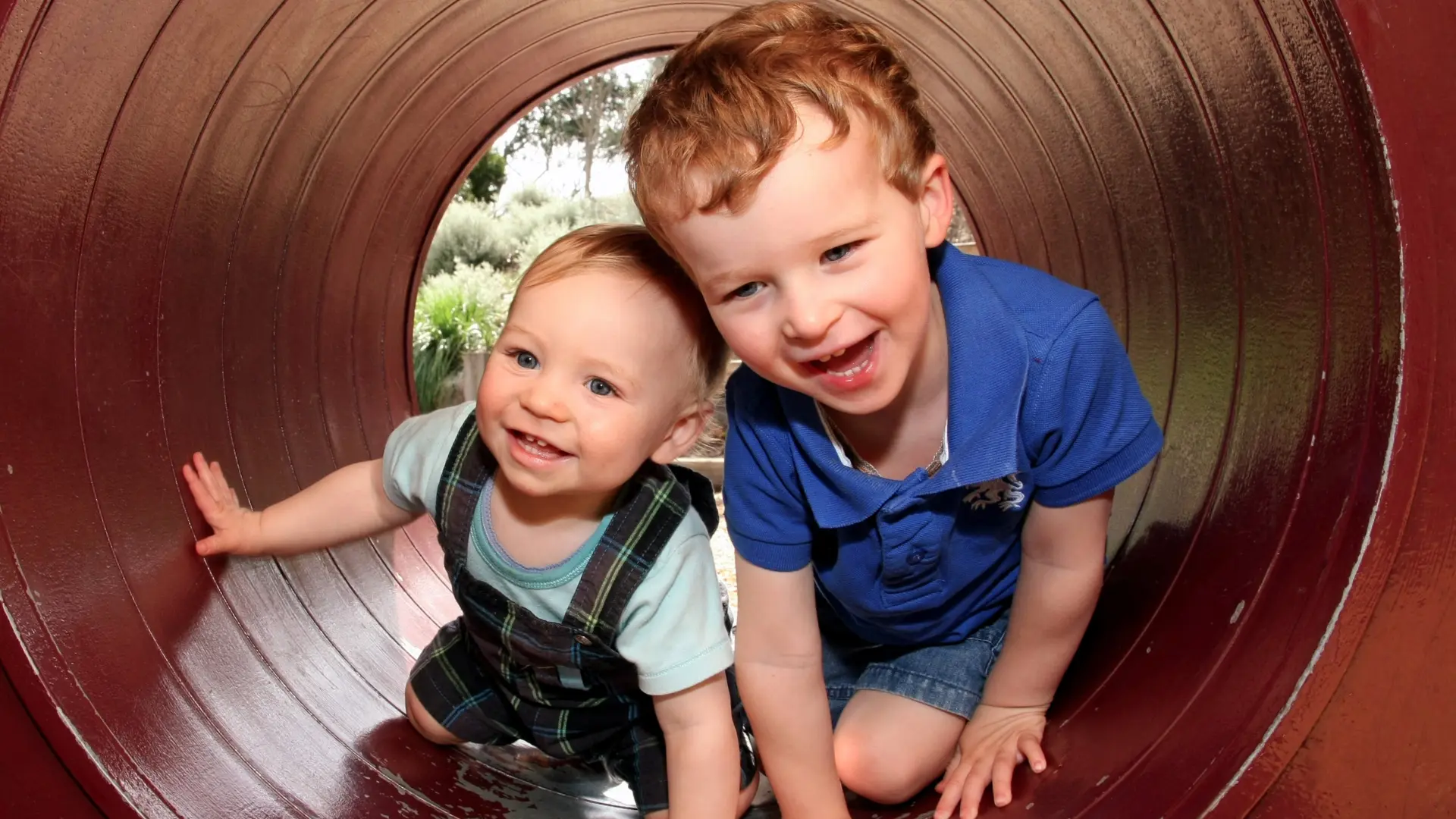Course Menu | Coaching & Mentoring | Live Events | Evidence Based | References
Kindy uplift provides the opportunity for services to fund programs, resources, supports and professional development to build teacher and educator capability, strengthen the cultural responsiveness of services and improve children’s learning and development in kindergarten, in one or more of the key priority areas.
Have you received your Kindy Uplift Funding?
Great News! We have a range of programs, resources, support and professional learning available which are focused on the key priority areas.
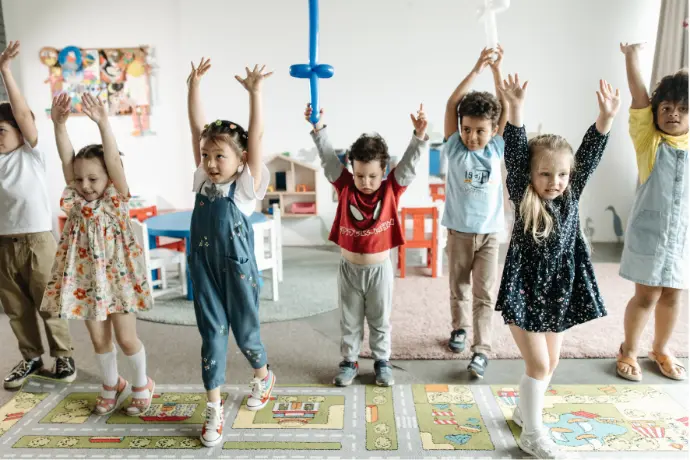
Equity and access for all
Recognising and responding to the needs of children more likely to experience educational disadvantage within the service and community. This includes consideration to family diversity, cultural and linguistic differences and other barriers to meaningful engagement and participation

Social and emotional learning
Social learning involves the development of children’s communication skills, social skills, social regulation skills and awareness of others. Emotional learning is focused on identifying and regulating emotions and understanding the emotions of others.

Embedding Aboriginal and Torres Strait Islander Perspectives
Creating culturally safe places, working in intercultural ways through pedagogy and practice, engaging with Aboriginal and Torres Strait Islander peoples and embedding perspectives in planning and implementation of curriculum.
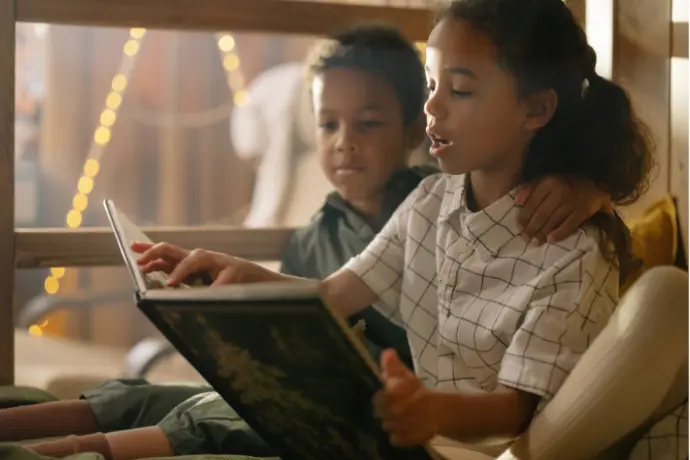
Oral language and literacy
Social learning involves the development of children’s communication skills, social skills, social regulation skills and awareness of others. Emotional learning is focused on identifying and regulating emotions and understanding the emotions of others.
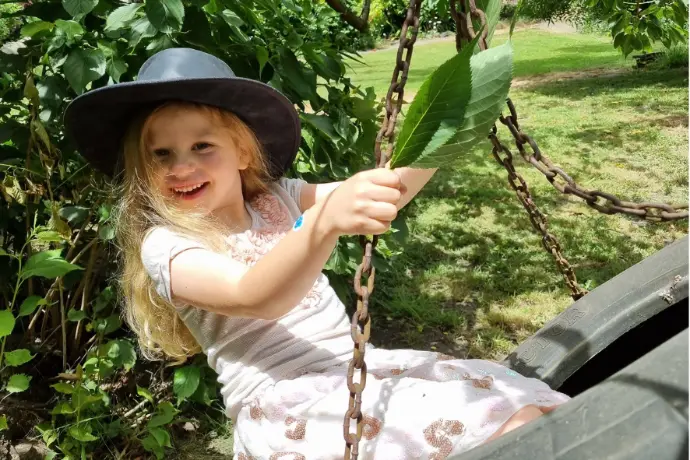
Physicality
The skills and abilities that support children to learn to move with stability, control and awareness of their environment and to manage the control of objects. Physicality core skills include gross motor development, fine motor development and integrates consideration of sensory learning.

Executive Function
A set of skills that enable children to control impulses, sustain focus and achieve goals. These skills are important for learning. They develop during early childhood and include working memory, inhibitory control and cognitive flexibility.

Mathematics and numeracy
The development of understandings about numbers, quantity, concepts of time, length, distance, capacity and area in everyday activities.
Courses and Support Available
Many of our programs can be delivered online or in-service with one of our experienced facilitators.

Children's Behaviour Masterclass
Join Dr Louise Porter & Sandi Phoenix for a powerful class to re-think and re-frame the role of teachers and educators in supporting children’s emerging social and emotional competence.
Priority area: Social and emotional learning.
Register for the Online Course Here

Educator Toolkit for Behaviour
This program can be delivered as an in-service workshop
OR as an online self-paced program.
Priority area: Social and emotional learning.
Find Out More
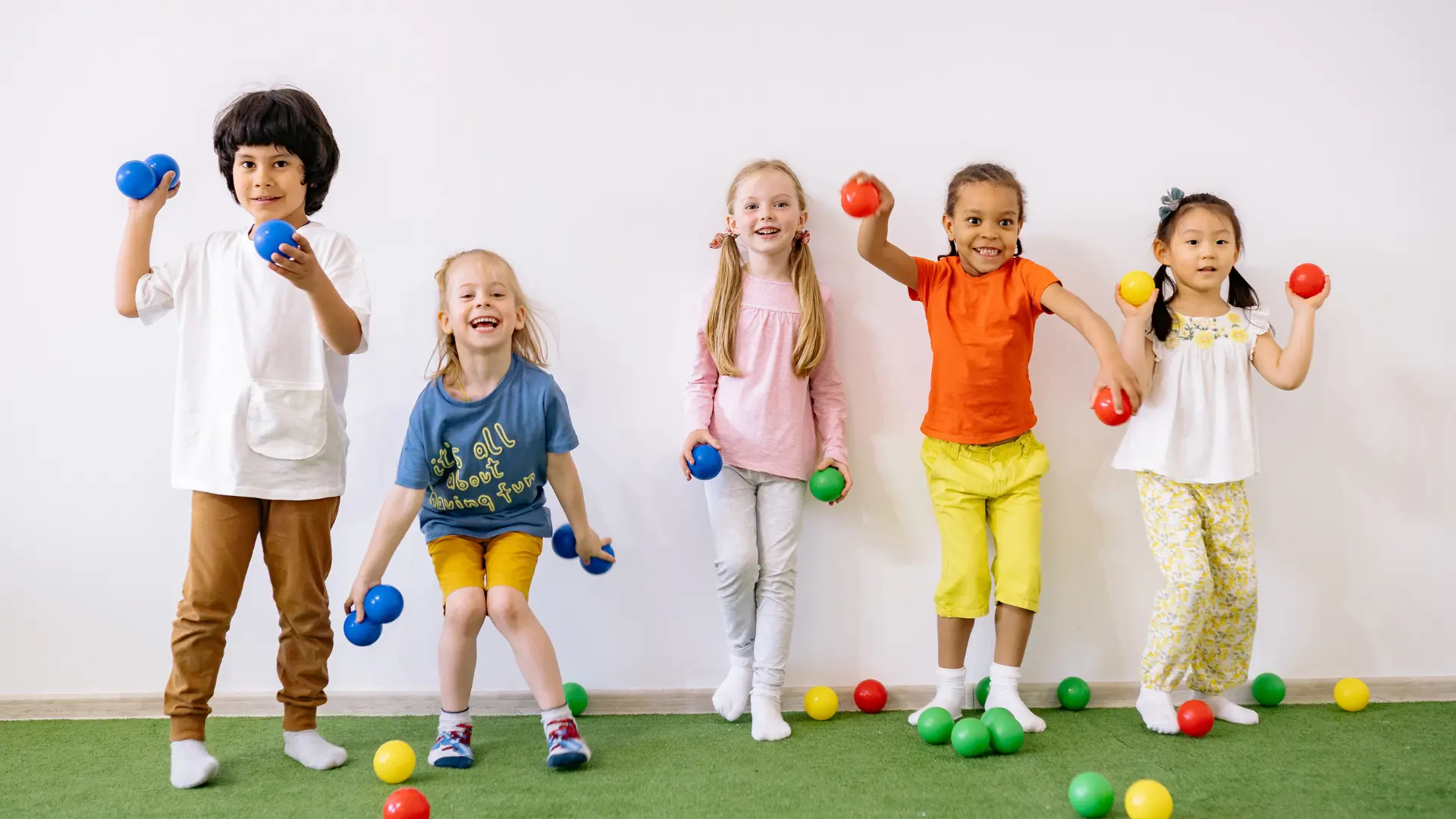
Belonging from the Beginning
Belonging from the Beginning is a 6-chapter online program that empowers educators with insights from psychology and neuroscience to foster inclusion, social-emotional skills, and wellbeing in children. Led by experts, the course offers practical strategies, reflective tools, and engaging content. Each chapter includes a live and recorded webinar, a Q&A session, discussions, downloadable resources, and interactive activities to support learning and implementation.
Register for the Online Course Here

Safe, Seen, Supported
A practical, trauma-informed workshop that helps early childhood educators understand how adversity shapes children’s stress systems, relationships, and learning, then translate that understanding into everyday routines, co-regulation, and needs-meeting responses using the Phoenix Cups Framework. You’ll leave with evidence-informed strategies that strengthen safety, connection, and autonomy - without slipping into behaviour management.
Find our More

Educator Wellbeing
Imagine a team building session that gets your whole team thinking clearer, feeling happier, more motivated, and productive. This workshop is run by Christopher Phoenix who discusses wellbeing concepts through various modes of entertainment, including poignant games and demonstrations.
Find Out More

Resilient Beginnings
Resilient Beginnings is an on-demand course (recorded from our two-day Masterclass with Dr Louise Porter and Sandi Phoenix) that takes you deeper into needs-based practice, with practical insights into executive function, self-regulation, emotional development, and wellbeing-led environments you can apply straight away. Walk away with a shared language and clear next steps for supporting children, teams, and families through reflective, autonomy-supportive practice.
Find Out More

Sensory Pathways, Emotional Highways
Sensory Pathways, Emotional Highways is a practical, neuroscience-informed workshop that helps early years practitioners harness sensory development, schematic play, and “flow” to strengthen children’s emotional regulation and wellbeing through everyday planning and interactions.
Find Out More

Children's Development with Dr Louise Porter
Children’s Development with Dr Louise Porter is a four-part, self-paced video series that builds practical understanding of intellectual, language, motor, sensory, and social-emotional development to strengthen wellbeing-led planning and inclusive practice.
Register for the Online Course Here

My Cups are full, I'm ready for school
My Cups are Full and I’m Ready for School is a self-paced mini course that links the Phoenix Cups® Framework to practical school readiness decisions, helping educators recognise what truly “fills” children’s cups (and what quietly empties them) during transition to school.
Register for the Online Course Here
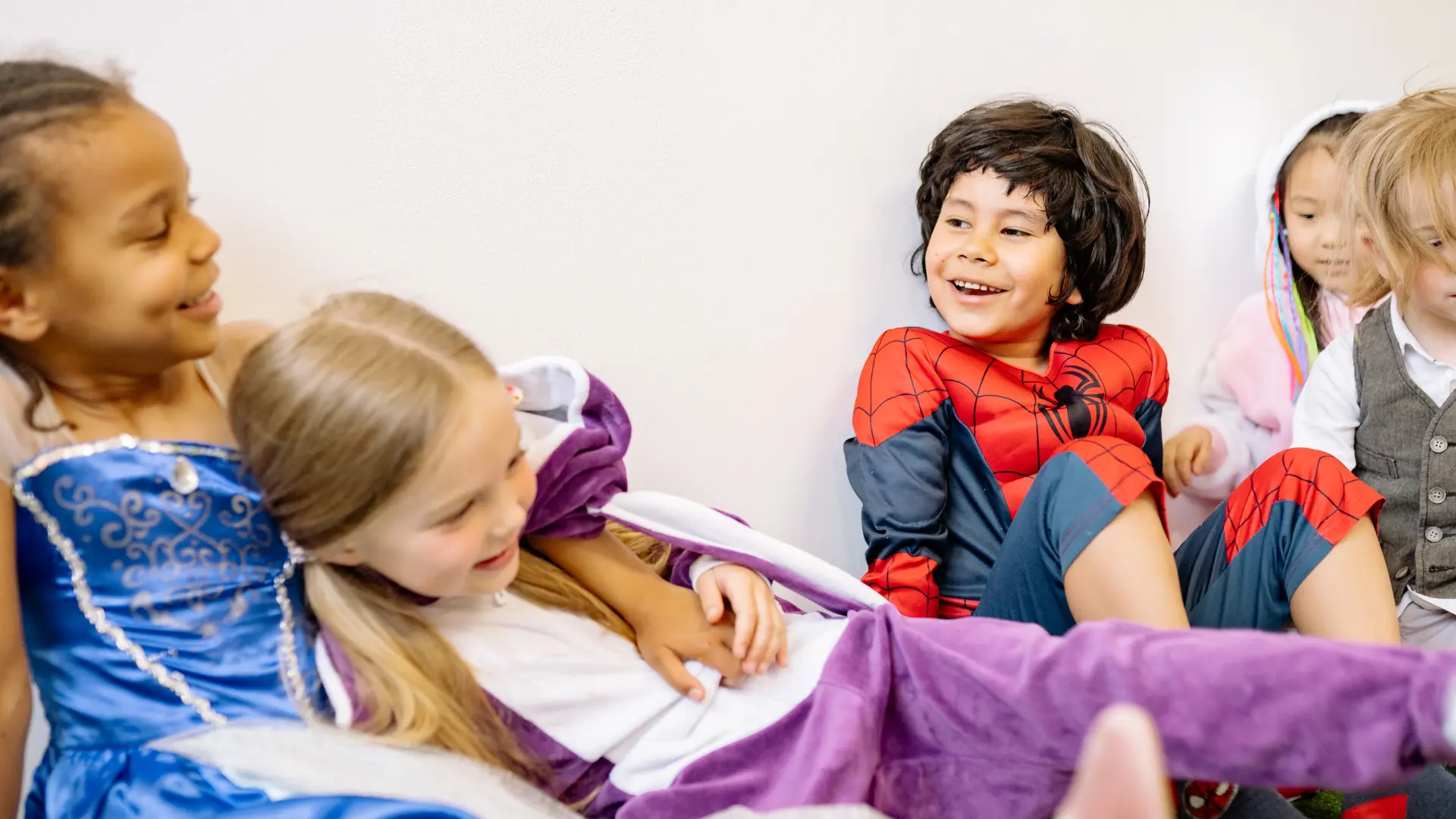
Supporting children's social and emotional learning
To add a fourth column, reduce the size of these three columns using the right icon of each block. Then, duplicate one of the columns to create a new one as a copy.
Register for the Online Course Here
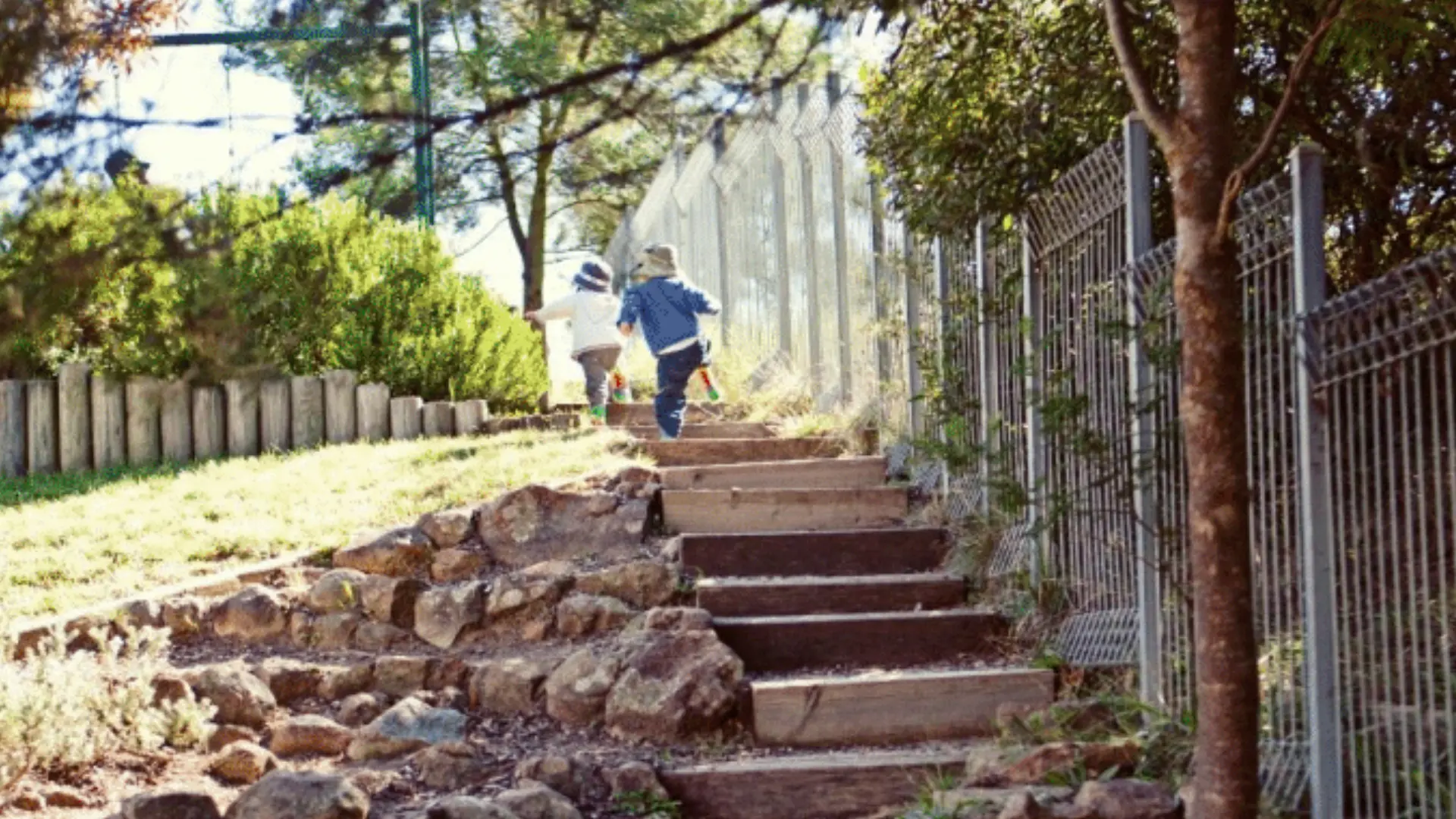
Playing with Intentionality
Playing with Intentionality supports educators to rethink what “intentionality” looks like in play-based practice (EYLF v2.0), shifting from directive “intentional teaching” to relational, responsive decision-making within the flow of children’s play - with a strong focus on strengthening executive function (working memory, cognitive flexibility and inhibitory control).
Find Out More
Complete this quick survey and we'll send you a comprehensive quote to meet your Kindy Uplift needs.
Coaching and Mentoring Packages
Our coaches are trained in solution focused, strength based coaching methods. We have a collective 147 years experience in the education and care sector.
Our packages are designed especially for educators within Queensland to foster outcomes necessary for school readiness in Kindergartens.
We'll shape a package to work towards outcomes that your service needs.
The best part? We come to you and walk alongside educators during your service operational hours.
The below prices are excluding GST and excluding travel.

Coaching & Mentoring (C&M)
One 3 hour visit during service operational hours
- We come to you
- No need to work after hours
- Our facilitators walk alongside educators throughout the day
- Learning environment observations within the moment 1:1 coaching & mentoring
- Leadership coaching
- Staff meetings
- Quality improvement recommendations

Professional Conversation (PC)
A staff team meeting for up to 2.5 hours
- We come to you
- Delivered out of hours (evenings or weekend)
- We will facilitate a strength-based solution-focused meeting
- Coaching and mentoring delivered in a group format
- This is group c&m, it is not a training workshop
- Leadership coaching
- Learning environment observations
- Quality improvement recommendations

C&M + PC
3 hours of coaching & mentoring, followed by a staff meeting
- We come to you
- A combination of during & after operational hours
- Our facilitators walk alongside educators throughout the day
- Learning environment observations with 1:1 coaching & mentoring
- We will facilitate a strength based, solution focused meeting
- The PC is group c&m, it is not a training workshop
- Leadership coaching
- Quality Improvement recommendations

Intensive Day
3 hours of coaching & mentoring followed by a training workshop
- We come to you
- A combination of during & after operational hours
- Our facilitators walk alongside educators throughout the day
- Learning environment observations with 1:1 coaching & mentoring
- We will facilitate a training session based on themes of Educator wellbeing, Educator Toolkit for Behaviour, or My Cups are full and I'm ready for school.
- Leadership coaching
- Quality Improvement recommendations
Additional Costs
TRAVEL
A travel fee of $89.40 per hour will be charged from the nearest capital city CBD. We have local facilitators based in Melbourne, Brisbane, and Sydney. You can opt to choose an interstate facilitator, which may incur flight costs.
ACCOMMODATION
If you require a facilitator to stay over night, we love to support rural and regional communities. Our overnight fee is quoted upon request.
UPFRONT QUOTE
For an all inclusive upfront quote, complete this form and we'll work out the best bundle for you, add a bundle discount, and calculate any potential travel fees or additional charges. All fees on this page are GST exclusive.

What to Expect During Coaching & Mentoring
During these visits, your facilitator will customise support according to needs of the service. They will:
Spend time coaching & mentoring all educators;
Visit learning environments to observe environment, program, and curriculum decisions and discuss concerns with key staff in learning environment;
Tailor advice according to observations as well as questions from educators to increase the services capacity to support the school readiness of all children;
Educators have the opportunity to ask questions and discuss school readiness in a one on one coaching conversation with facilitator at any time during this day.
Intensive Day packages:
Spend time either providing verbal advice to leadership staff based on observations OR writing of coaching and mentoring notes to leave with leadership staff;
Provide written resources and information for services to discuss and utilise in their daily practice to support the sustainability of the advice provided and recommendations made.
Optional: We recommend planning for an additional staff member to be available on the day to maximise the time that the facilitator is visiting the learning environments. This allows for the lead educator or other staff to have focused conversations with facilitator.
Tailor advice according to observations as well as questions from educators to increase the services capacity to support the school readiness of all children;
Intensive Day packages:
Provide written resources and information for services to discuss and utilise in their daily practice to support the sustainability of the advice provided and recommendations made.
Optional: We recommend planning for an additional staff member to be available on the day to maximise the time that the facilitator is visiting the learning environments. This allows for the lead educator or other staff to have focused conversations with facilitator.
Need a hand picking out the package that will suit your team the best?
We offer FREE needs assessment meetings, with one of our amazing team.
Evidence Based
Our programs consider educators approaches to children’s behavioural and social learning via the lens of various paradigms of education. Our facilitators will draw on The Phoenix Cups framework and Behaviour Guidance approach that encourages educators to shift from a paradigm influenced by Behaviourism toward one of humanism building on the works of Rogers and Maslow, Choice theory, guidance practitioners, and positive psychology.
Our principal facilitator is Sandi Phoenix B.Psych.Sc, and our psychologist in residence is Dr Louise Porter PhD, MA(Hons), MGiftedEd, DipEd, BA, BIntStuds, Child Psychologist. The primary research basis of the course is Louise’s doctoral studies (University of South Australia 2000). The research was a qualitative study of caregivers’ behaviour management practices with young children. More about Louise’s research can be found here.
Coaching can be used to support educators to understand emotional maturity, anxious & fearful behaviour, hyperactive & inattentive behaviour, social competence, responsibility & respect, physical health & wellbeing, and physical independence.
OUTCOMES
Our Programs consider the fact that every child takes a unique path toward achieving the five outcomes, and that children will require different levels of support. The packages support the implementation of quality play-based kindergartens.
CHILDREN AS CITIZENS
Our facilitators draw upon the UN convention
on the rights of the child, and the rights of persons
with a disability. They
recognise all children as rights
holders, capable of participating in their social worlds
through their relationship with others.
REFLECTIVE PRACTICE
Participants engage in reflective practice throughout the program and are encouraged to collaborate with other professionals via discussion forums.
PARTNERSHIP WITH FAMILIES
By developing respectful relationships and strong partnership with colleagues, family members and professionals will enable all parties to work towards a shared goal and vision to support child’s learning, development and positive outcomes towards transitions from home to the service and from the service to school.
HIGH EXPECTATIONS FOR
EVERY CHILD
Educators will be encouraged to reflect and
evaluate current professional beliefs, values and
practices and exploring the potential of having
behaviour guidance principles which promote high
expectations for children (regardless of their
personal judgement and opinion of the child
and their family background).
EQUITY AND DIVERSITY
Educators will be encouraged to view responses to children’s behaviour as equitable versus equal. Fairness, equity, and inclusion themes are evident throughout our packages. This program considers the unique familial and community context of all children, as well as the individual capabilities and needs of children and families.
RESPECTFUL RELATIONSHIPS AND
RESPONSIVE ENGAGEMENT
By building strong connection with children and their families, educators will be able to develop behavioural expectations that are fair and respectful to each child.
ASSESSMENT FOR LEARNING
AND DEVELOPMENT
Assessment tools in the packages encourage
educators to gather information about the child’s
wellbeing, strengths and interests and relationships
and also to capture and gather documentation around
a child’s behaviour, paying particular attention to
any learning needs the student may have which
is associated to an underlying and unmet need.
INTERGRATED TEACHING AND
LEARNING APPROACHES
The tools within this package will ensure that educators are integrating teaching and learning approaches to support the inclusion and access for children at their service.
References Informing Our Programs
Athey, C. (2007) Extending Thought in Young Children (2nd Ed) London: PCP
Australian Children's Education & Care Quality Authority. (2018). National Quality Standard.
Australian Children's Education & Care Quality Authority. (2018). Relationships with Children. In.
Bowlby, J. (1969). Attachment.
Bretherton, I. (1999). Updating the ‘internal working model’ construct: Some reflections. Attachment & Human Development, 1(3), 343-357. https://doi.org/10.1080/14616739900134191
Care for Kids. (2019). Why Risky Play.
Csikszentmihályi, M. (1990). Flow: The psychology of optimal experience. New York: Harper Perennial.
Department of Education and Training. (2019). Early Years Learning Framework
Dragon Box. (2017). 5 Core Benefits of Learning Through Discovery.
Early Childhood Australia. (2019). Code of Ethics. In.
Glasser, W. (1998). Choice theory: A new psychology of personal freedom. New York: Harper Collins.
Livingstone, R. (2019). Agency in Practice.
Maslow, A. H. (1968). Toward a psychology of being. (2nd ed.) Princeton, NJ: Van Nostrand.
Phoenix Cups Framework (2019)
Porter, L. (2016a). Young children’s behaviour: Guidance approaches for early childhood educators. (4th ed.) Sydney: Routledge.
Queensland kindergarten learning guideline (QKLG). (2021)
Ralphs, A. (2021). A guide to schema play in toddlers.
United Nations 1989, United Nations Convention on the Rights of the
Child, UN, Geneva
Give us a call 1300 361 243
Or complete a quick survey to tell us all about your needs and we'll send you more information and a quote.



